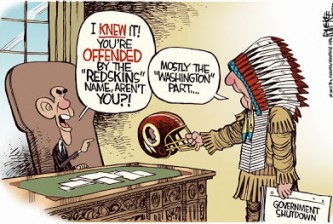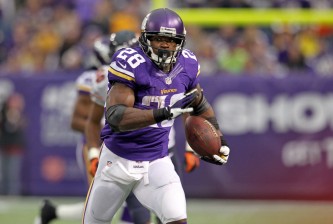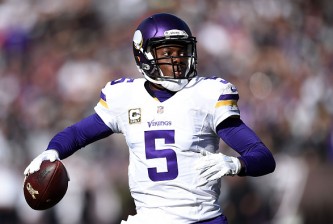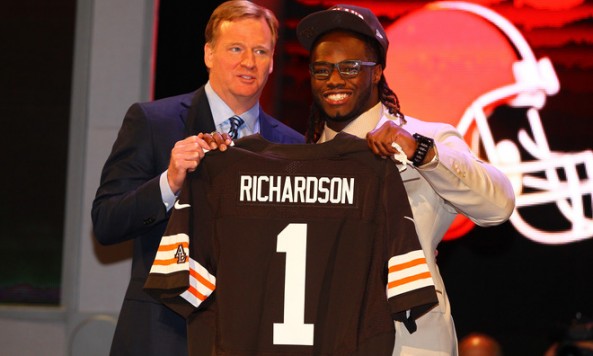If the first round of the 2012 NFL draft felt a little different than usual, it’s not because you stopped taking your medication. Well, that could be a factor, too, but this year’s draft was truly and remarkably unique because teams were jumping around more than ever.
Seriously. Ever. And it’s not even close.
Prior to last night, there had never been more than 14 trades made in the draft’s maiden round. But this year, a record-breaking 19 deals were struck in Round 1. That’s more than the last three first rounds combined, and a 475-percent increase from last year’s total of four. No more than nine trades had been made in any first round since 2002.
But this wasn’t an anomaly. TGS’s Shane Clemons predicted yesterday that there’d be more wheeling and dealing at the top of the draft. What will surely become a trend can be traced back to the new collective bargaining agreement and the rookie wage scale therein. Prior to 2011, rookies selected in the first round — and especially in the top 10 — were paid like movie stars. Last year, when the draft took place mid-lockout, nobody was certain what they’d be paying such players.
But this year, restrictions are officially in place, limiting high-end picks to reasonable salaries. No. 1 overall pick Andrew Luck, for example, is expected to sign for only $22 million over four years.
As coverage wrapped up last night, NFL Network’s Mike Mayock summed it up, stating that teams are no longer afraid to move around the board because “if you made a mistake [in the first round in years past] it crippled your franchise for years to come.”
“What we see now is a system that’s working, and we’re seeing teams moving up and down and finding the players they covet,” Mayock said. “The price is a draft pick, it’s not financial.”
This is obviously great for the game. Not only does it make the draft more entertaining — can you imagine how much of a bore last night would have been without the deals? — but it gives the cash-strapped and/or frugal teams another chance to better control their destiny. With financial implications off the table, it’s an even playing field on draft day.
And in another way, the effect is Darwinian. In years past, the league’s top teams — who for obvious reasons usually have less cap money to throw around — wouldn’t dream of moving up in the first round. But on Thursday night, we saw the New England freakin’ Patriots — serial trade-down artists historically — trade up, not once, buttwice. So I suppose the possible drawback here is that the richest teams have a chance to get richer by acquiring the more highly-touted prospects.
Very rarely does the league make a change that pleases all, but it appears this is one of those cases. The key is control, and all 32 teams are now empowered by more of it.























